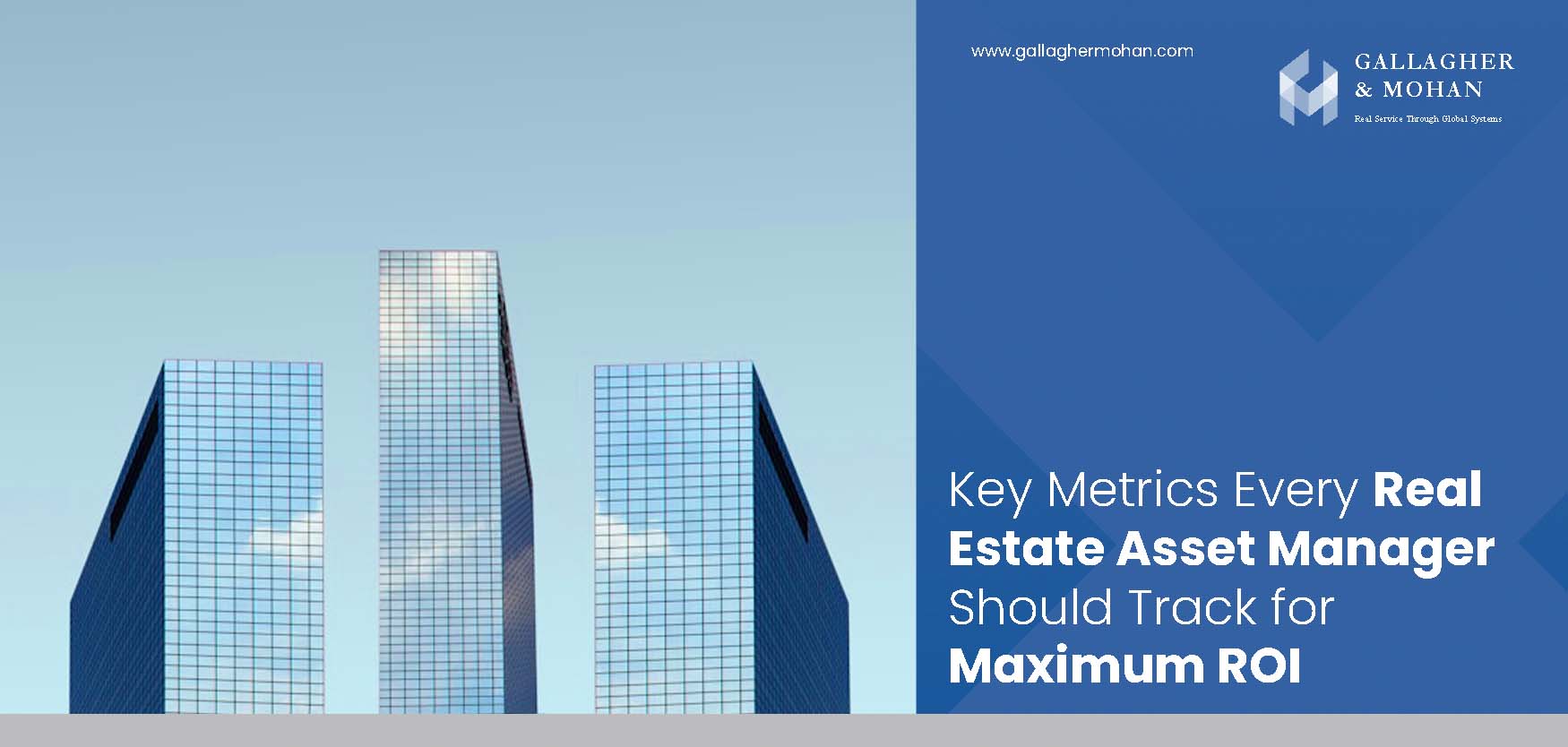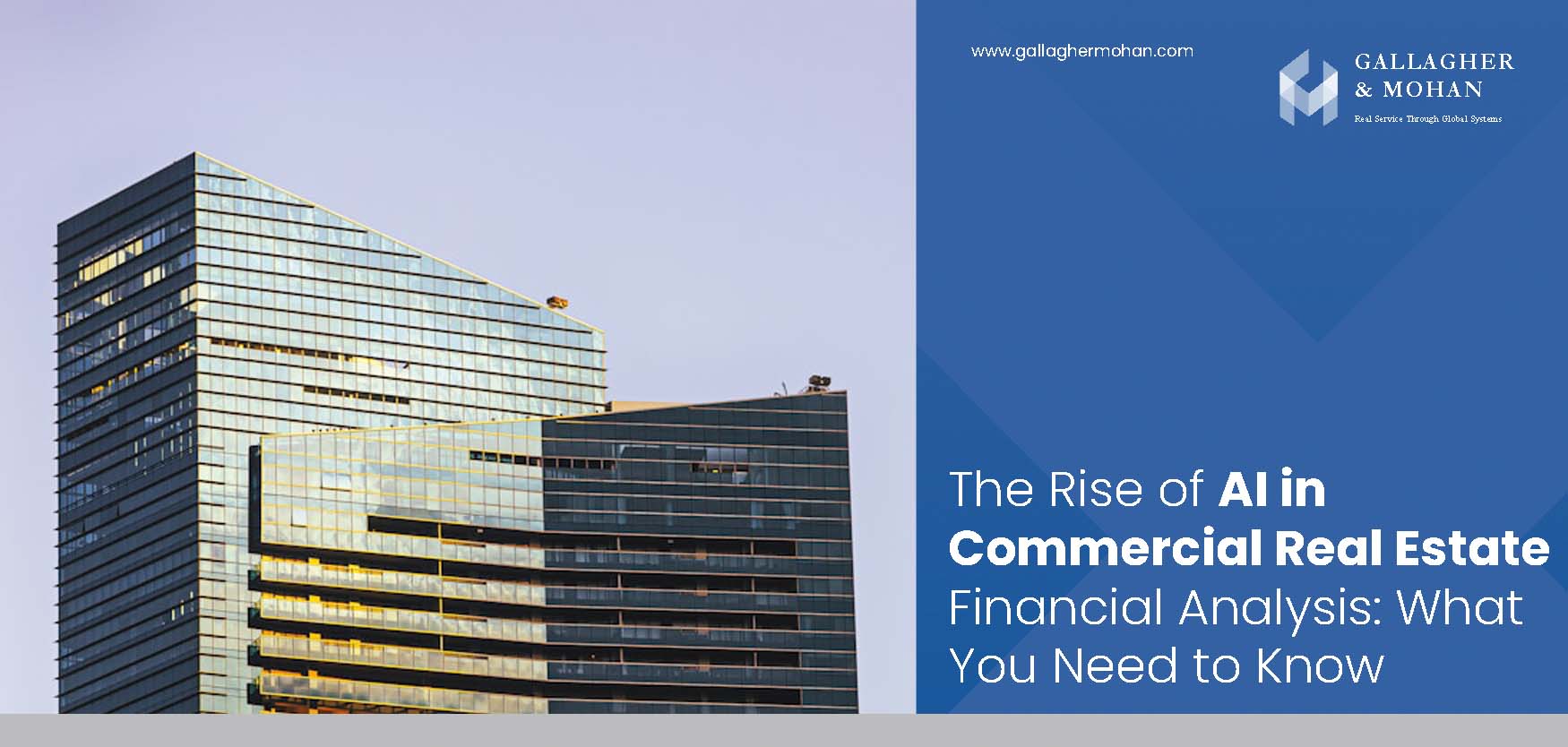05 April 2024
Software Solutions for Automating Real Estate Accounting Processes
Accounting stands as a vital pillar in the real estate industry, ensuring the financial health and operational efficiency of property ventures. From managing rental income to tracking expenses, real estate accounting encompasses a broad spectrum of tasks crucial for maintaining accurate financial records and making informed business decisions.
Real estate accounting involves the meticulous tracking, analysis, and reporting of financial transactions related to properties. It goes beyond simple bookkeeping, encompassing complex tasks such as depreciation calculations, lease accounting, property valuation, and tax compliance. With numerous stakeholders, including property owners, tenants, lenders, and regulatory bodies, real estate accounting demands a high level of precision and transparency to ensure trust and credibility.
Importance of Automation in Real Estate Accounting Processes
In real estate accounting, time is money, and accuracy is paramount. Traditional manual methods, reliant on spreadsheets and paper-based records, are not only time-consuming but also prone to errors, leading to discrepancies, inefficiencies, and potential financial losses. Automation emerges as a game-changer, offering a streamlined approach to handle repetitive tasks, minimize human error, and accelerate processes. By leveraging automation, real estate professionals can redirect their focus towards strategic decision-making and value-added activities, driving operational excellence and competitive advantage in the industry.
Introduction to Software Solutions
Enter real estate accounting software solutions, designed to revolutionize the way financial operations are managed in the real estate sector. These specialized platforms offer a comprehensive suite of tools tailored to address the unique challenges and requirements of real estate accounting. From rent roll management and budgeting to CAM (Common Area Maintenance) reconciliation and financial reporting, these software solutions provide a centralized platform for efficient data management, analysis, and collaboration. With features like integration with property management systems, customizable reporting templates, and automated workflows, these solutions empower real estate professionals to streamline their accounting processes, enhance productivity, and gain deeper insights into their financial performance.
Also Read: The Role of Forensic Accounting in Real Estate Fraud Detection
Benefits of Automating Real Estate Accounting
Improved Accuracy and Efficiency
Automation in real estate accounting enhances accuracy by eliminating human errors in data entry and calculations, ensuring the reliability of financial records. Consistent processes enforced by automated workflows minimize discrepancies and promote uniformity across transactions. Additionally, automated systems expedite routine tasks like invoice processing and reconciliation, leading to faster turnaround times and improved productivity. Moreover, built-in validation checks and algorithms help detect and rectify discrepancies promptly, preventing inaccuracies from escalating into significant issues.
Time-Saving Advantages
By automating repetitive tasks, real estate professionals can allocate their time and resources more efficiently towards value-added activities such as strategic planning and client management. Streamlined workflows reduce manual intervention, minimizing delays and bottlenecks in financial operations. With accelerated data processing and reporting, stakeholders gain access to timely financial information, enabling swift decision-making and responses to market dynamics.
Enhanced Data Security and Compliance
Automated systems employ robust security measures such as data encryption and role-based access controls to safeguard sensitive financial data from unauthorized access or breaches. They also generate detailed audit trails and compliance reports, facilitating regulatory compliance and audit readiness. Furthermore, automated backups and version control mechanisms ensure data integrity and continuity, mitigating the risk of data loss or corruption.
Better Decision-Making Through Real-Time Insights
Access to real-time data enables proactive decision-making, while predictive analytics offer insights into market trends, tenant behavior, and investment opportunities. Additionally, automated forecasting tools allow professionals to model various scenarios and assess their potential impact on financial outcomes, facilitating strategic planning and resource allocation. Real-time reporting and analytics empower stakeholders to make data-driven decisions promptly, enhancing operational agility and competitive advantage in the real estate market.
Top Software Solutions for Real Estate Accounting
The real estate industry is witnessing a surge in specialized accounting software tailored to meet the unique needs of property managers, investors, and real estate professionals. Here are five top software solutions renowned for their effectiveness in real estate accounting:
QuickBooks Real Estate
Overview: QuickBooks Real Estate is a popular accounting software widely used by small to mid-sized real estate businesses for managing finances, tracking expenses, and generating financial reports.
Key Features:
- Customizable chart of accounts for real estate-specific needs.
- Integration with bank accounts, credit cards, and other financial institutions for automated transaction tracking.
- Robust reporting tools for generating profit and loss statements, balance sheets, and cash flow reports.
- Time-saving features such as automatic invoicing and bill payments.
- Scalability to accommodate growing real estate portfolios.
MRI Software
Overview: MRI Software is a comprehensive real estate management solution offering integrated accounting, property management, and lease administration functionalities.
Key Features:
- Advanced lease accounting capabilities for handling complex lease agreements and rent escalations.
- Built-in analytics and reporting tools for performance tracking and forecasting.
- Integration with third-party systems such as CRM software and business intelligence platforms.
- Multi-currency and multi-entity support for managing global real estate portfolios.
- Compliance with industry regulations and accounting standards.
Yardi Voyager
Overview: Yardi Voyager is a cloud-based property management and accounting platform designed for commercial, residential, and mixed-use properties.
Key Features:
- Unified platform for property management, leasing, accounting, and budgeting.
- Comprehensive financial reporting capabilities with customizable templates and dashboards.
- Automated workflows for rent collection, expense tracking, and financial analysis.
- Integration with utility billing systems and online payment gateways for streamlined operations.
- Mobile access for on-the-go management and reporting.
AppFolio Property Manager
Overview: AppFolio Property Manager is a cloud-based solution catering to residential, commercial, and community association property managers.
Key Features:
- Automated rent collection, lease renewals, and maintenance requests.
- Built-in accounting features with customizable chart of accounts and financial reporting templates.
- Tenant and owner portals for self-service access to statements, invoices, and lease agreements.
- Vendor management tools for tracking expenses and payments to contractors and suppliers.
- Integration with property management tools and online listing platforms for seamless operations.
Buildium
Overview: Buildium is a property management software offering accounting, leasing, and maintenance management capabilities for residential and community association properties.
Key Features:
- Full-featured accounting module with customizable chart of accounts and budgeting tools.
- Online rent collection and payment processing through ACH and credit/debit cards.
- Reporting and analytics tools for tracking financial performance and property metrics.
- Lease tracking and renewal automation to ensure timely lease management.
- Integration with third-party accounting software and banking institutions for data synchronization.
Also Read: Auditing and Compliance in Real Estate Accounting: What to Know
Conclusion
The adoption of software solutions for automating real estate accounting processes represents a transformative step towards operational excellence and financial optimization in the dynamic world of real estate. Throughout this exploration, we've delved into the intricacies of real estate accounting, highlighting its fundamental components, challenges associated with traditional methods, and the compelling need for automation.
By embracing automation, real estate professionals can unlock a plethora of benefits, ranging from improved accuracy and efficiency to enhanced data security, compliance, and better decision-making through real-time insights. The key features to look for in real estate accounting software, including integration capabilities, customization options, reporting functionalities, scalability, and compliance adherence, serve as guiding principles in selecting the right solution tailored to specific business needs.
Gallagher & Mohan offers tailored real estate accounting solutions, streamlining financial operations with advanced automation tools and industry expertise. We ensure scalability without compromise, adapting seamlessly to your evolving needs. Our focus on efficiency and accuracy allows you to concentrate on growing your business and nurturing client relationships. With a commitment to future-proofing your success, we anticipate regulatory shifts and embrace emerging technologies. Partner with Gallagher & Mohan to unlock unparalleled growth potential in real estate accounting. Contact us today to scale your business with confidence.



